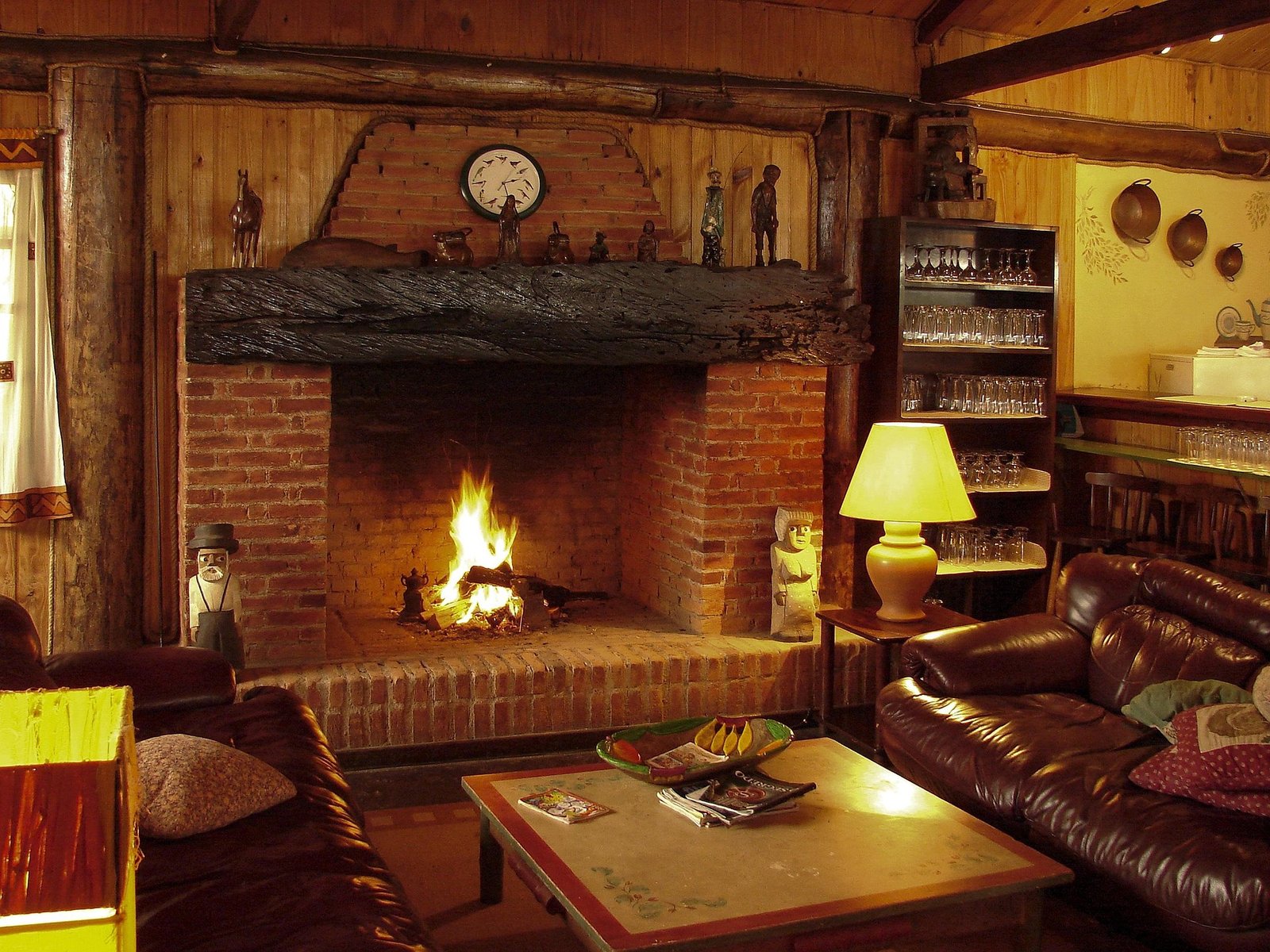Homeowners in Vancouver may soon face tighter regulations on the use of fireplaces and wood stoves under the city’s Residential Indoor Wood-Burning Bylaw — a policy that some worry could pave the way for an eventual ban on traditional heating methods.
The bylaw requires residents to register their wood-burning appliances and meet strict emissions standards. While city officials claim the goal is simply to monitor and reduce emissions, similar policies in other cities have often led to outright prohibitions.
Montreal is a prime example. Since October 2018, the city has banned all wood-burning stoves and fireplaces that emit more than 2.5 grams of fine particulate matter per hour. Even approved models must remain unused during smog alerts. Penalties for violations start at $500.
In Colorado’s Denver–Boulder area, residents face so-called “Air Quality Action Days” each winter from November to March. On these high-pollution days, most wood burning is banned unless homeowners use EPA- or Colorado Phase III-certified appliances. Violators risk fines starting at $150.
The Dutch city of Utrecht is going even further. Starting in January 2025, new homes will no longer be allowed to install chimneys or flues, and outdoor fire pits will be prohibited. By 2030, the city plans to ban all wood-burning fireplaces and stoves as part of an aggressive clean air campaign.
These escalating restrictions leave many households with dwindling heating options. As carbon taxes and supply constraints continue to push up natural gas prices, wood-burning fireplaces often serve as the final backup for affordable warmth.
The pattern is becoming clear: first comes registration, then regulation — and eventually, removal.










